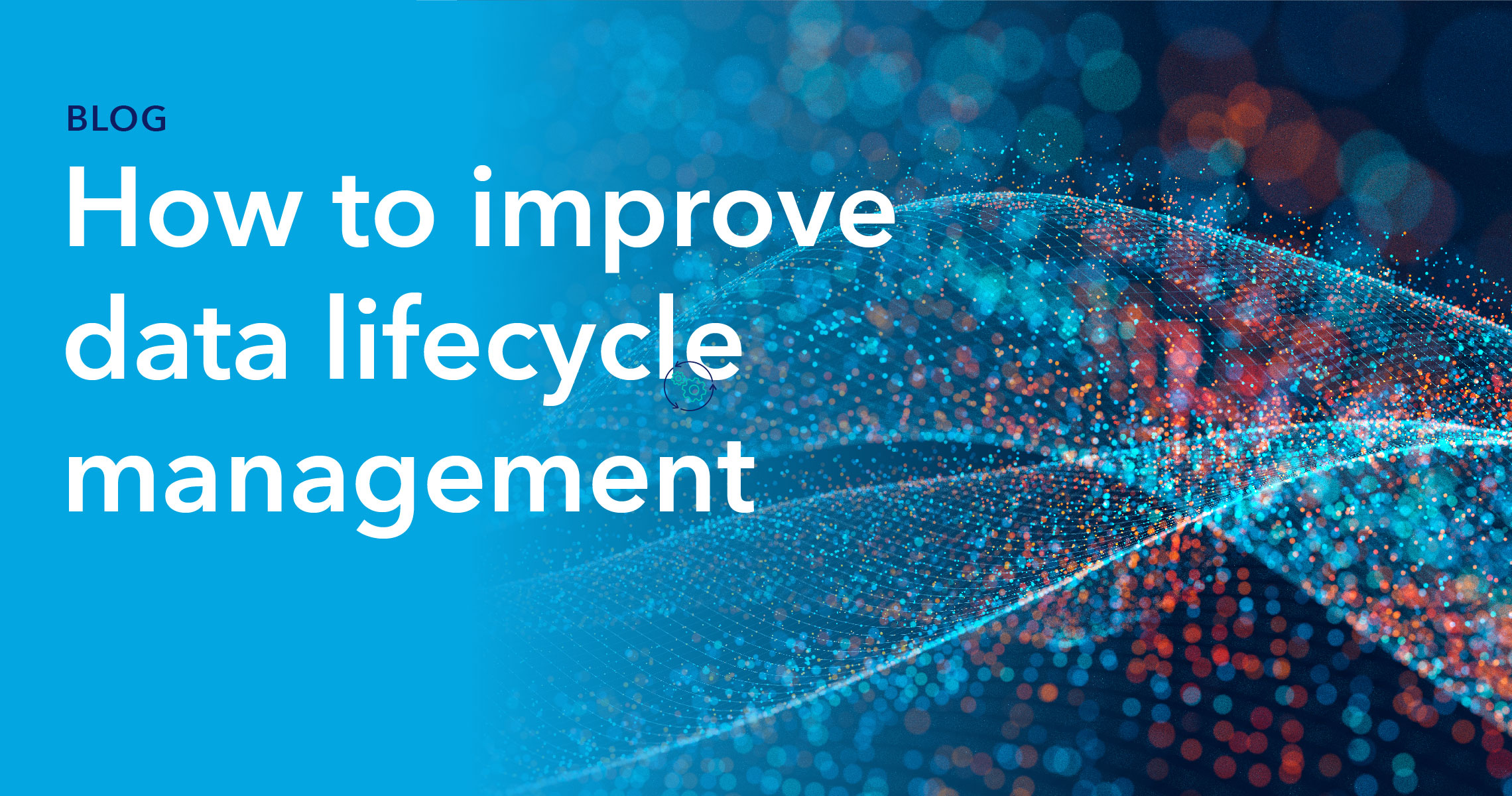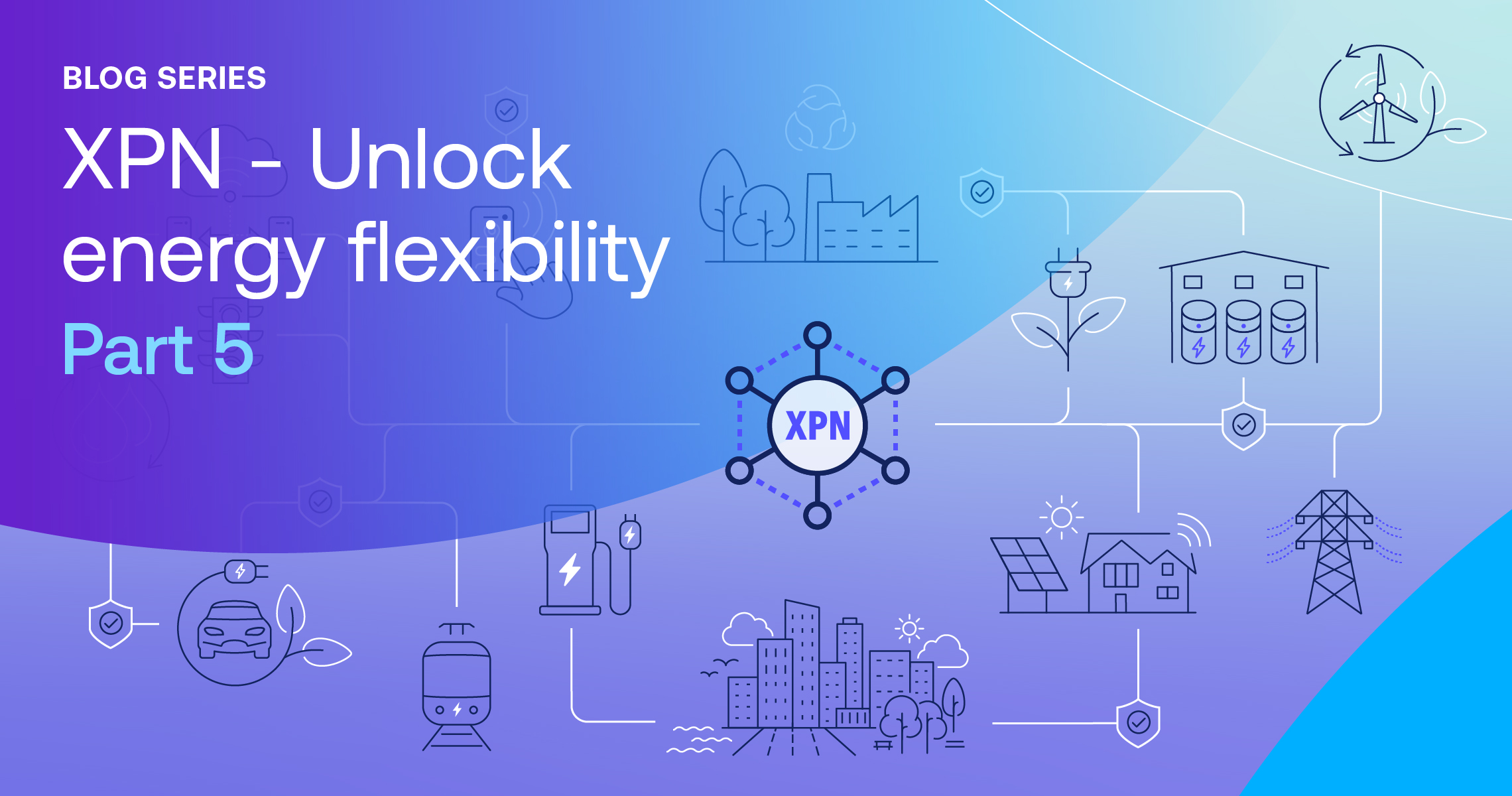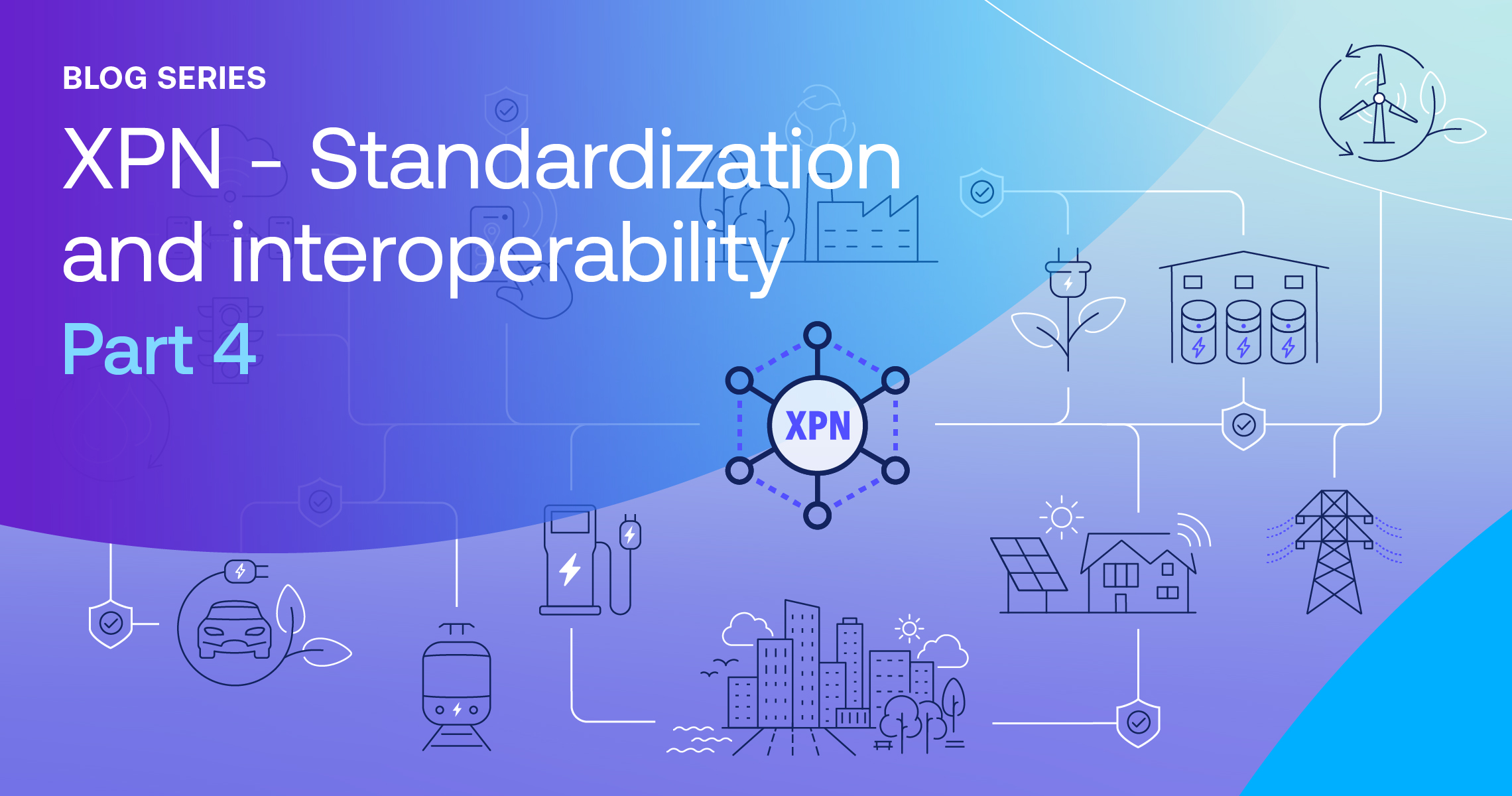New data collection points can drive exponential growth in the volume of an organization’s data, but significant data monetization barriers remain. Data growth comes with a corresponding expenditure of storage and associated data infrastructure. Additionally, poor data lifecycle management increases the risk of regulatory reproach or cyberattack. As a result, without being able to deliver sizable returns on investment (ROI), data operations can add negative value to an organization’s business activities. Here’s how that can change.
How data can be monetized (& why it isn’t)
There are a number of ways through which improved data lifecycle management, access, and distribution can make data operations a profitable business entity. Researchers from MIT’s Center for Information Systems Research have broken possible data monetization routes into three categories, which we’ll explore in more detail below.
1) Using data to improve internal processes
What is it: Data can have a significant impact on processes all along the supply chain. It can help improve lead conversion and identify cost savings. In other words, by using data to analyze how things work within an organization, enterprises can more easily identify issues and implement change.
Why this doesn’t happen: To make these profitable actions happen, an organization needs to deploy a coordinated approach to data lifecycle management. This means identifying the data that needs to be collected and analyzed, then delivering those valuable insights to the right people at the right time.
2) Improving existing products using data
What is it: Improving product offerings is a great way to boost revenue or create a better customer experience. Through better use of their data, companies can increase their product’s value and sales. In an example used by the MIT researchers, FedEx took digital package tracking data and created an online portal as a free add-on for customers.
Why this doesn’t happen: Too often, product developers revert to creating and marketing a brand new product rather than using the data they already collect to improve a customer’s experience and connection with an existing product. In many situations, this comes down to difficulties locating and accessing data that may be useful for the product team.
3) Selling your data
What is it: This might seem like a quick fix and easy revenue stream to tap into. On the surface, all an organization has to do is collect data and find a buyer for it.
Why this doesn’t happen: Identifying data that is valuable to others isn’t always easy, and selling the most valuable data (customer profiles and details) can be risky. Understandably, customers don’t like doing business with companies that sell their information. Customer opinion aside, data legislation, such as Europe’s GDPR and California’s CCPA, is placing ever-stricter rules on data collection. With the threat of enormous fines for breaching rules, selling data is not as easy or profitable as it might first appear.
How data platforms overcome obstacles to monetization
Companies can capitalize on their data’s value much more easily by deploying a data operations platform. The use of such a platform can reduce the friction points that hold back data access and velocity. Additionally, it can help secure data against leakage and theft.
Data operations platforms deliver a number of key advantages that can improve ROI on your organization’s data, including better data access, increased security, and easier collaboration.
Better data access
Data platforms create virtualized data layers that allow all of an organization’s data to be accessed and queried from a single point, no matter where it’s stored. This enables different functions within an organization to easily find the data that can help them improve products or increase conversion rates, even if not collected directly by their department.
Lower storage costs
By making data access and analysis simpler and possible from anywhere, companies no longer have to pay a premium for high-speed data storage options. In addition, since the data is also accessed virtually, it never has to be moved for analysis, removing another major cost and time delay.
Improved data lifecycle management
Data that is outdated or wasn’t useful in the first place clogs up data infrastructure, causing delays in locating valuable data and costing your organization more money for storage. A data operations platform makes an organization’s data lifecycle management policy clearer and more effective.
Increased security
Fine-grained access control, down to row-level, means that data owners can strictly manage who gets to view what data and what they’re allowed to do with it. This prevents unauthorized access and leakage issues. Full audit trails and protected logs also allow proper investigation of any breaches that may occur.
Easier collaboration
There are many situations where an organization will need to collaborate with third parties, even with competitors, if they are to fully exploit a business opportunity. With a data platform, enterprises can perform such collaboration within a containerized trusted execution environment, removing much of the risk.
Buying or building your data operations platform
The capacity of a data operations platform to help your organization realize the potential of its data in monetary terms is clear. However, organizations must decide whether to build the necessary data infrastructure using internal resources or buy a ready-made solution from a third-party vendor. This decision depends on the costs, capacity, and scaling of your existing data function. We explore these two options in greater depth in this white paper.
If you want to learn more about Intertrust Platform and how it can help you monetize your data, you can read more here or get in touch with our team.
About Abhishek Prabhakar
Abhishek Prabhakar is a Senior Manager ( Marketing Strategy and Product Planning ) at Intertrust Technologies Corporation, and is primarily involved in the global product marketing and planning function for The Intertrust Platform. He has extensive experience in the field of new age enterprise transformation technologies and is actively involved in market research and strategic partnerships in the field.




